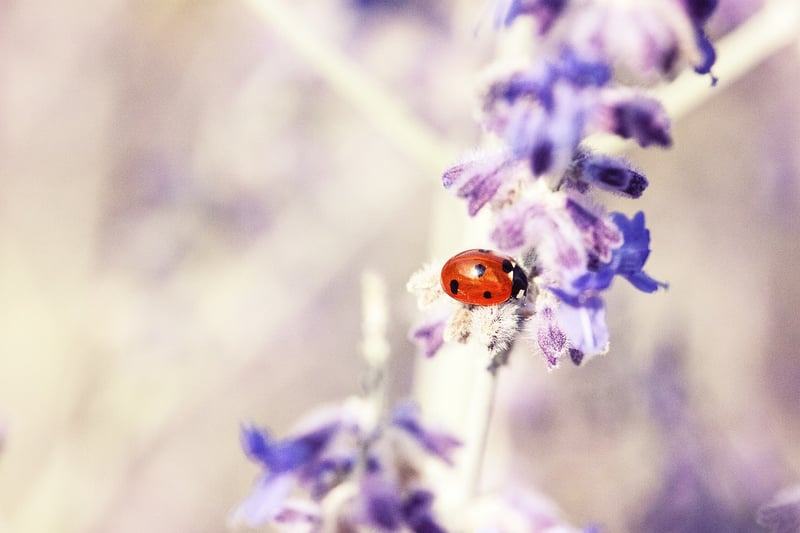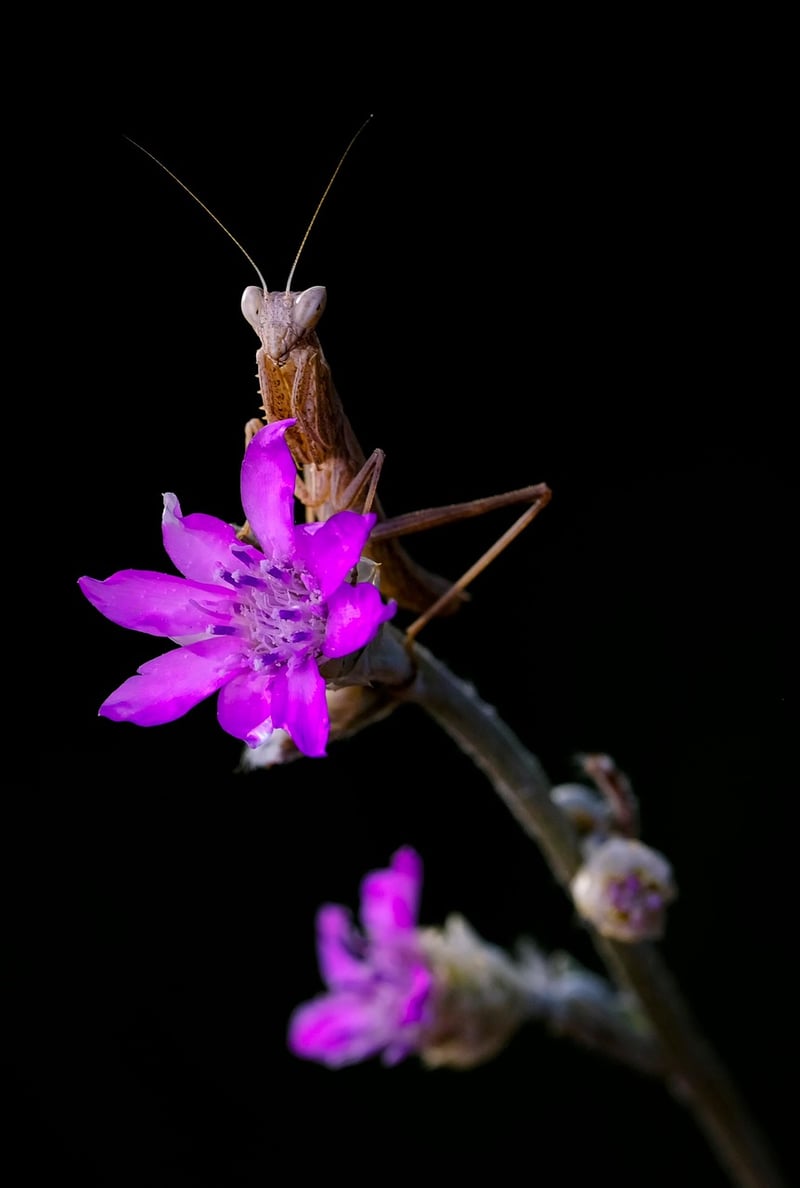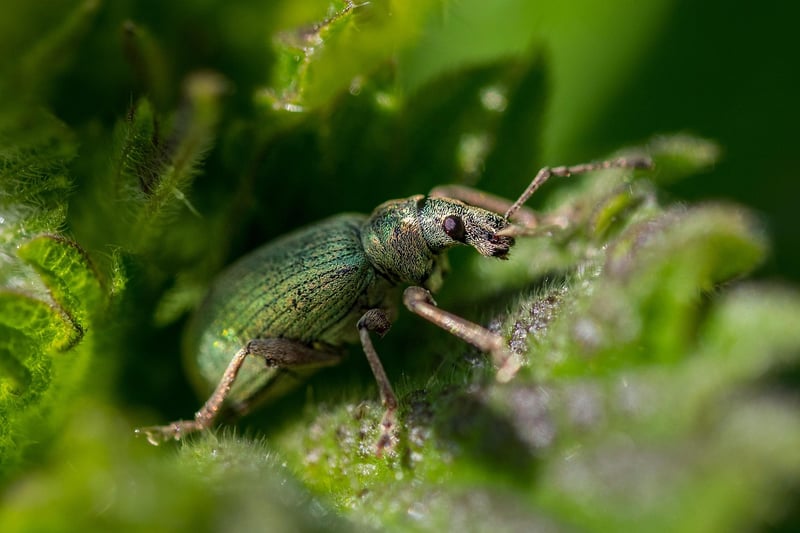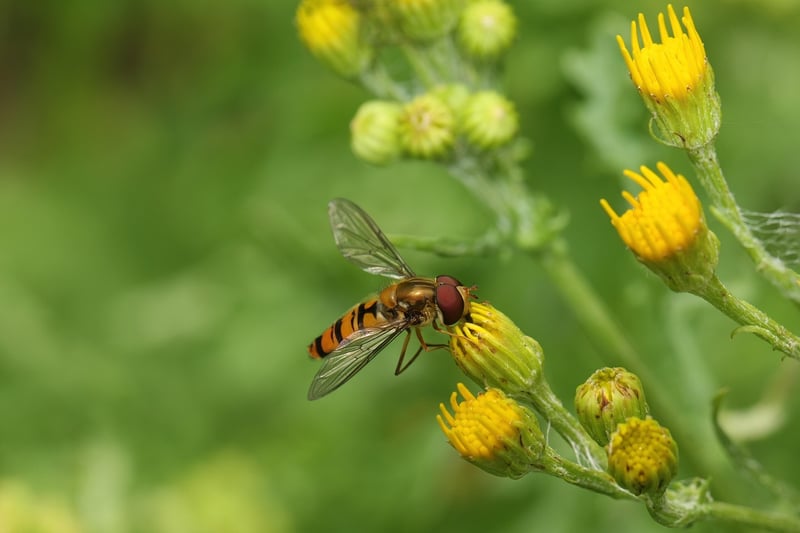Beneficial Insects
Protecting Your Garden: The Role of Beneficial Insects
When it comes to maintaining a healthy garden, the presence of beneficial insects can be a game-changer. These tiny creatures play a vital role in controlling pests, pollinating plants, and maintaining the overall balance of the ecosystem within your garden. By understanding and encouraging beneficial insects, you can create a sustainable and thriving garden environment without the need for harmful pesticides.
The Importance of Beneficial Insects
Beneficial insects are natural predators that feed on common garden pests such as aphids, caterpillars, and mites. By keeping pest populations in check, they help prevent damage to your plants and reduce the need for chemical interventions. Additionally, many beneficial insects are crucial pollinators, aiding in the reproduction of flowers and the production of fruits and vegetables.
Common Beneficial Insects
Some of the most common beneficial insects found in gardens include:
- Ladybugs: Known for their voracious appetite for aphids, mealybugs, and other soft-bodied pests.
- Praying Mantis: Effective hunters that feed on a variety of insects, including caterpillars and beetles.
- Lacewings: Their larvae consume aphids, whiteflies, and other small insects, making them valuable allies in pest control.
- Hoverflies: Important pollinators that also feed on aphids and other sap-sucking insects.
Attracting Beneficial Insects to Your Garden
To encourage beneficial insects to take up residence in your garden, consider the following practices:
- Plant a diverse range of flowering plants to provide food sources for adult insects.
- Avoid using broad-spectrum pesticides that can harm beneficial insects along with pests.
- Provide shelter such as rock piles, logs, or insect hotels for insects to nest and overwinter.
- Limit disturbance to natural areas in your garden to preserve beneficial insect habitats.
Conclusion
By fostering a welcoming environment for beneficial insects in your garden, you can harness the power of nature to maintain a healthy and thriving ecosystem. Embrace these tiny allies and watch them work wonders in protecting your plants and enhancing the beauty of your outdoor space.




